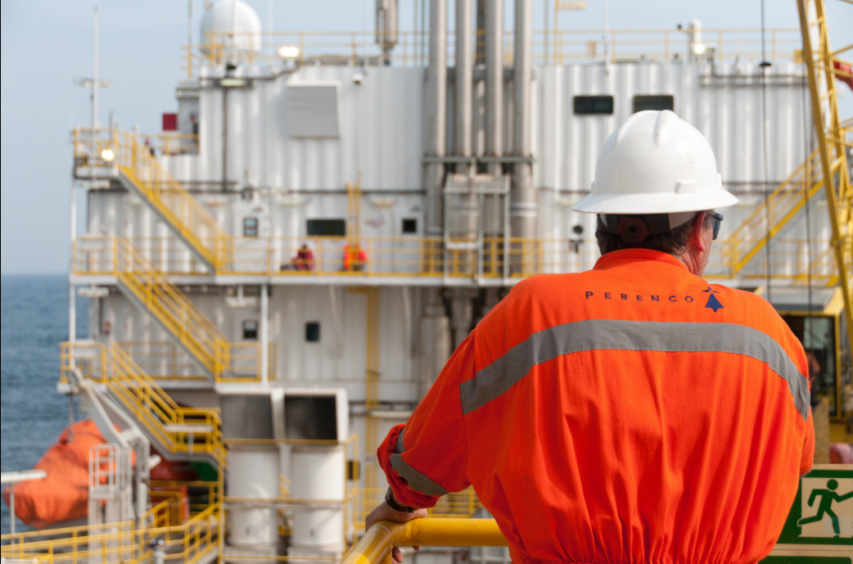
North Sea operator Perenco UK took losses of £101.7million as the impacts of Covid and the drop in oil and gas prices took effect.
However, the company still managed to cut down on the previous year’s deficit, which stood at £113.2million.
Perenco, whose assets are based across the Southern North Sea, reduced its operating costs by 10%, while a reduced depletion charge, which relates to taxable income on depleting oil and gas fields, also helped blunt the impact.
Operating costs per barrel of oil equivalent dropped from £16.19 to £15.12 in a bid to maximise production and reduce costs.
However, with gas prices down 28% over the year, Perenco UK revenues decreased from £558.3m in 2019 to £342.8m in the 12 months to December 31, 2020.
Meanwhile the business, which employed an average of 745 staff over the year, received £473,000 from the UK Government during 2020 through the Covid furlough scheme.
“Cost control and simplication of offshore and onshore operations remains a core approach”, Perenco stated, with its Southern Hub Asset Rationalisation Project (SHARP) project expected to be completed in 2021.
Kicked off in 2019, SHARP is the combination of the Leman and Inde fields, which Perenco previously described as “oversized”, into one fit-for-purpose production hub.
The aim is to extend the life and cut costs at the two ageing fields.
Perenco UK is also continuing its decommissioning of assets which are uneconomic, or will become so due to declining production, and “is working on approaches which will deliver sustained reductions in decommissioning costs”.
The group’s total decommissioning costs between 2020 and 2028 sit at £1.51billion, compared to £1.54bn estimated in 2019.
Perenco also disclosed a breakdown of its emissions, with Scope 1 emissions from its operations reducing from 672,000 tonnes of CO2 in 2019 to 587,600 in 2020.
In the short-term, Perenco expects that CO2 reductions will be made through its decommissioning work, as well as ongoing operational improvements such as the SHARP project.
Recommended for you

